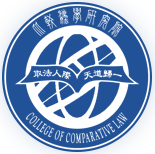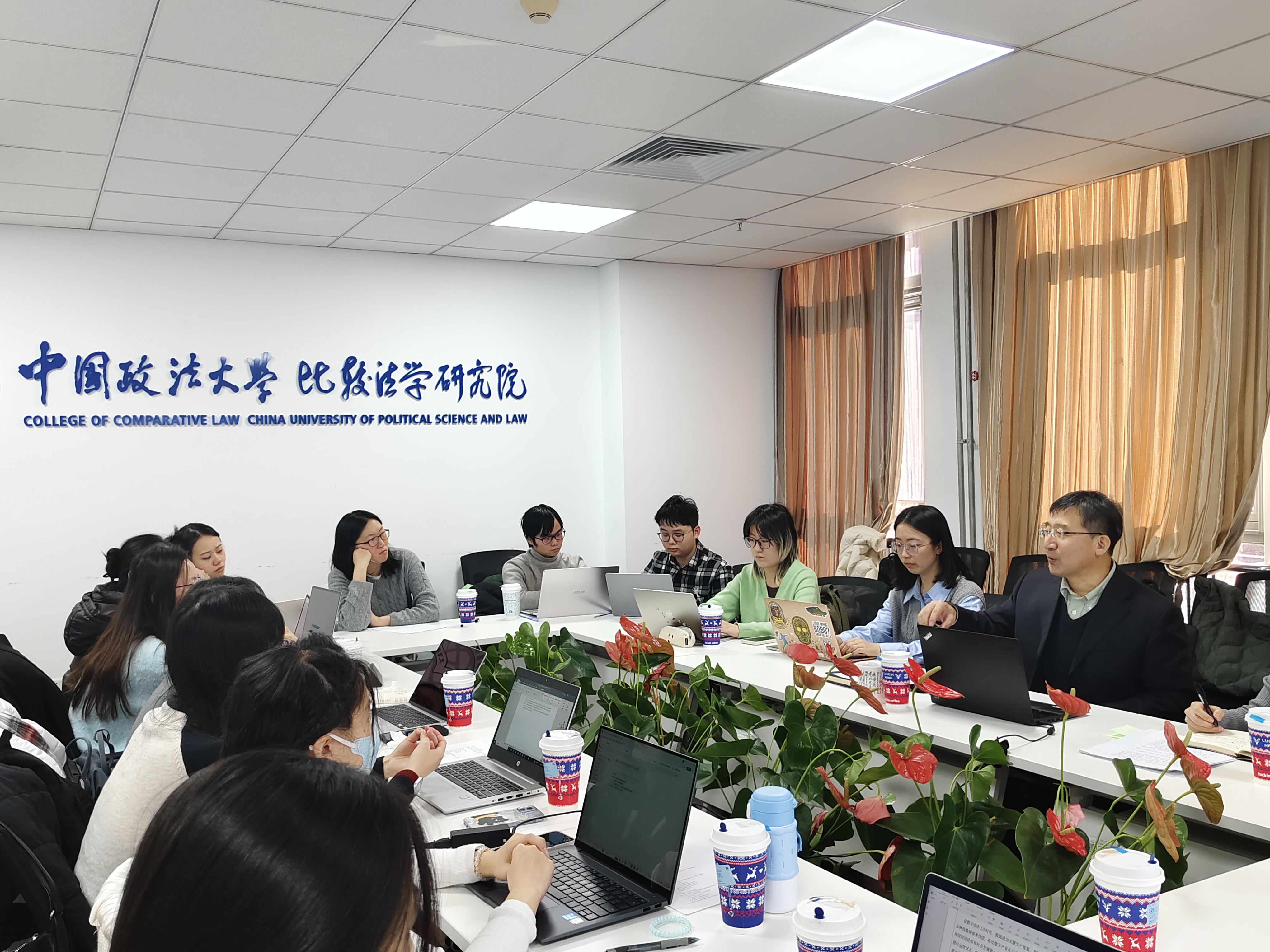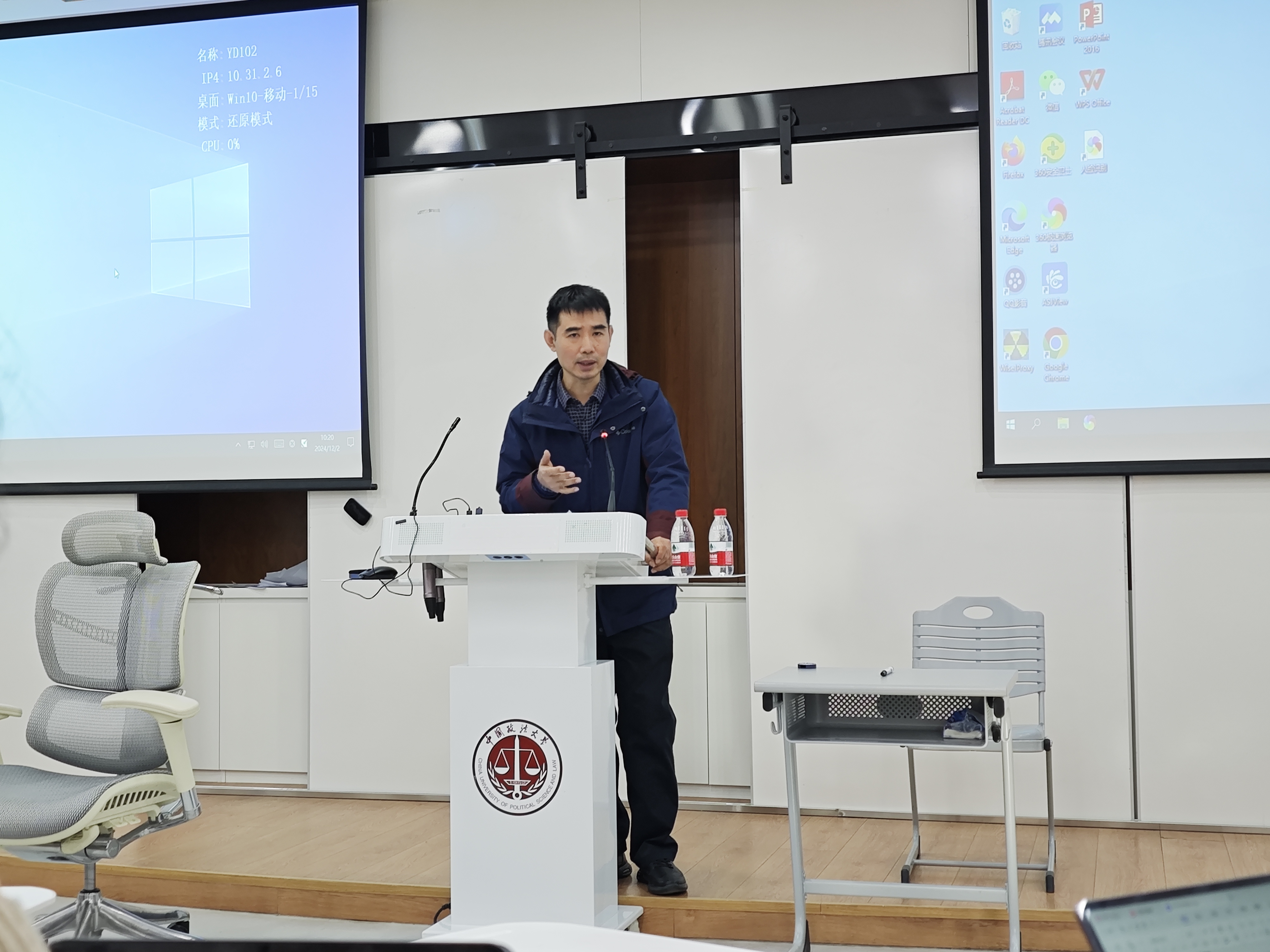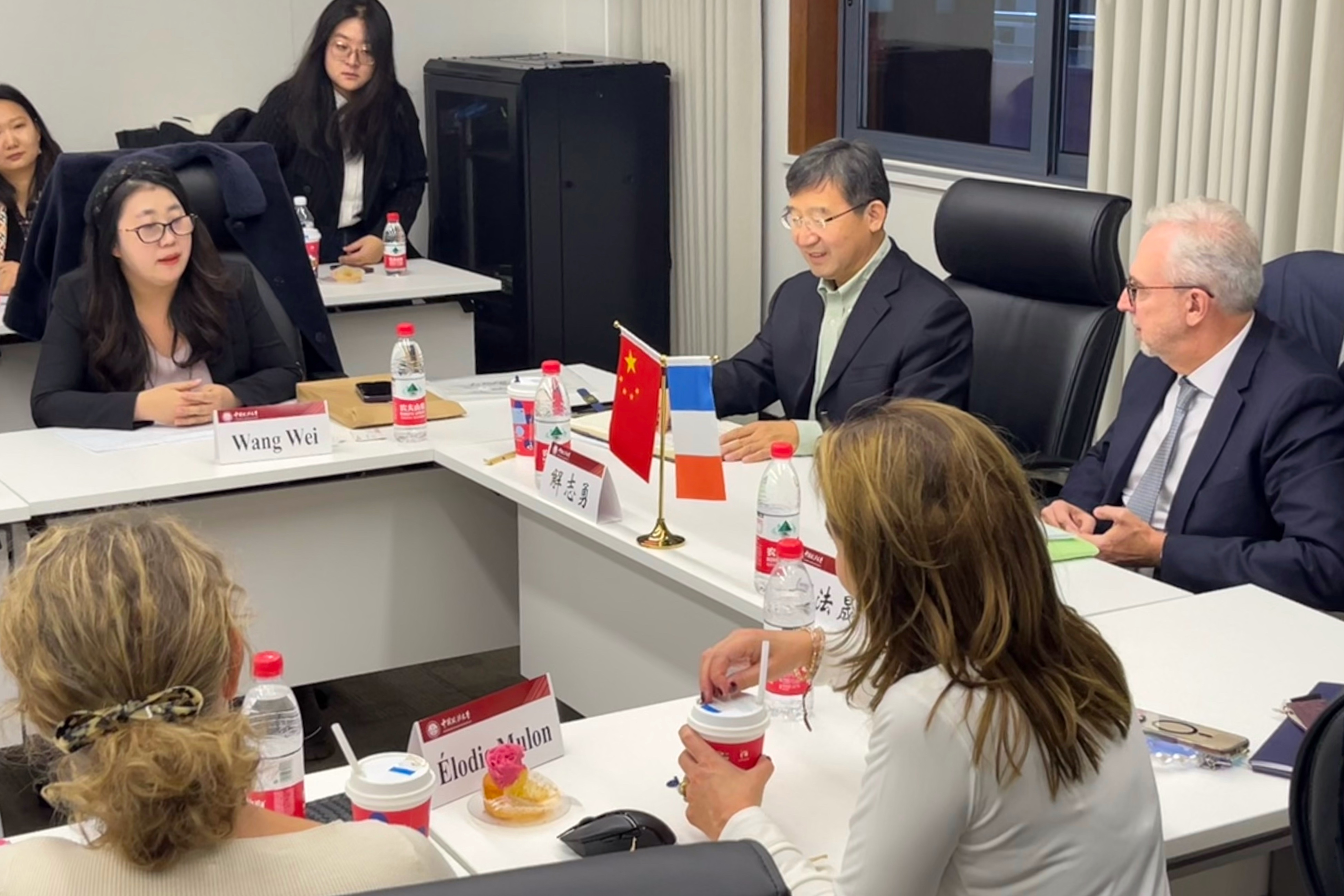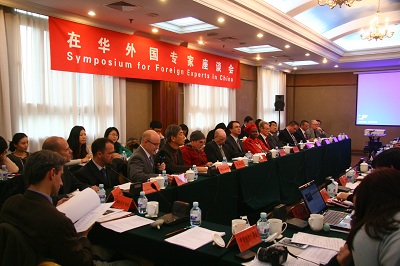
"The fact that Xi Jinping would see such a meeting as important highlights both the increased transparency and openness that have been stressed by General Secretary Xi in his speeches since becoming General Secretary," said Prof. E. Eugene Clark, the first CUPL recipient of the Recruitment Program of Global Experts.
He made the remarks on the Symposium for Foreign Experts in China held by the Department of International Cooperation of the State Administration of Foreign Experts Affairs on this morning in Beijing. Fifteen foreign experts from nine countries attended the event. Two of the foreign experts took part in a meeting last week with the new Communist Party of China leader Xi Jinping.
Xi talked to 20 foreign experts working in China on 5 December, during which he stressed China's commitment to peaceful development and its opening-up policy. It was Xi's first meeting with foreigners since he was elected general secretary of the CPC Central Committee last month.
At the 5 Dec meeting, Xi also emphasized foreign experts' historic contribution to China's development and said the Chinese people should absorb more outstanding achievements of other countries' civilizations.
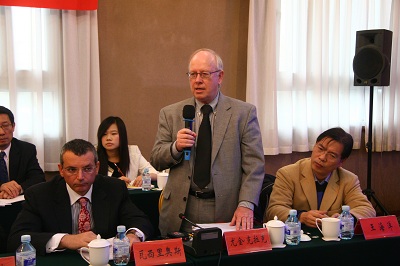
Professor Clark in introducing himself noted his involvement with CUPL since 1995 as part of Australia's first China-Linkages Grant program. He also noted he was working specifically with the College of Comparative Law. While most of the other speakers were from sciences, he noted it reflected well on the wisdom of the Experts Program that they recognized the importance of including legal experts given the centrality of law, and especially comparative law, for the peaceful development of all countries in a global and inter-connected economy.
In the short time available Professor Clark emphasised two broad points in response to Xi Jinping’s speech and he labelled these: languages and time zones.
"It is important not only that the different sciences talk with one another but that we need dialogue between experts from all discipline. They require the insights, input and involvement of all the sciences to that we may find holistic and workable solutions," said Clark.
He pointed out that every country must live simultaneously in three time zones—past, present and future. As General Secretary Xi noted, China must remember, renew and build upon its 5000 year rich cultural heritage. While remembering the past we must focus our efforts and energies in solving the problems of the present. This will require talented people adopting rigorous analysis combined with hard work, excellent processes and best practices to find the best way forward to achieve our goals.
"We should begin to tackle now the mid and long term issues to be faced by China and the world so that we create the optimum design to ensure that the future will be a positive one," Clark said:" China must be open, willing to engage and willing to become a learning society that will create or adopt best practice wherever it is found and use it to create a solution that is best suited to China."





